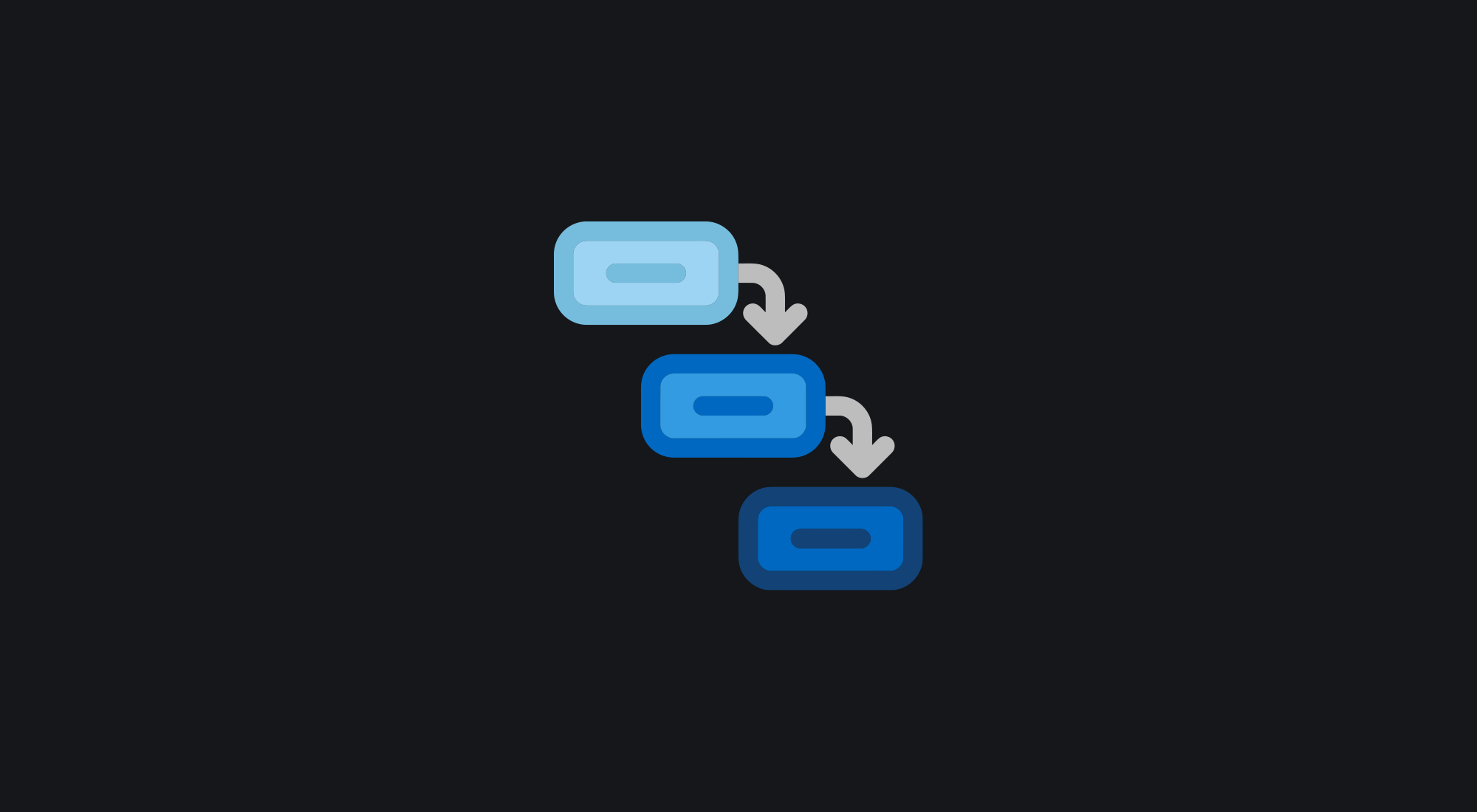Suppose you have an AJAX call, along with another function that depends on the AJAX call being loaded before its execution.
function doTheFirstThing() {
$.ajax({
url: window.location.href,
type: 'POST',
data: {
key: 'value',
},
success: function (data) {
console.log(data);
},
error: function (error) {
console.log(error);
},
});
}Furthermore, you could potentially invoke the two functions consecutively and observe that the second function fails to operate due to its reliance on the first one.
doTheFirstThing();
doTheSecondThing();We can rewrite this with a Promise:
function doTheFirstThing() {
return new Promise((resolve, reject) => {
$.ajax({
url: window.location.href,
type: 'POST',
data: {
key: 'value',
},
success: function (data) {
resolve(data);
},
error: function (error) {
reject(error);
},
});
})
}Now, we have the capability to execute the AJAX call, trigger the success function, and then proceed with any subsequent code.
doTheFirstThing()
.then((data) => {
console.log(data);
doTheSecondThing();
})
.catch((error) => {
console.log(error);
});

